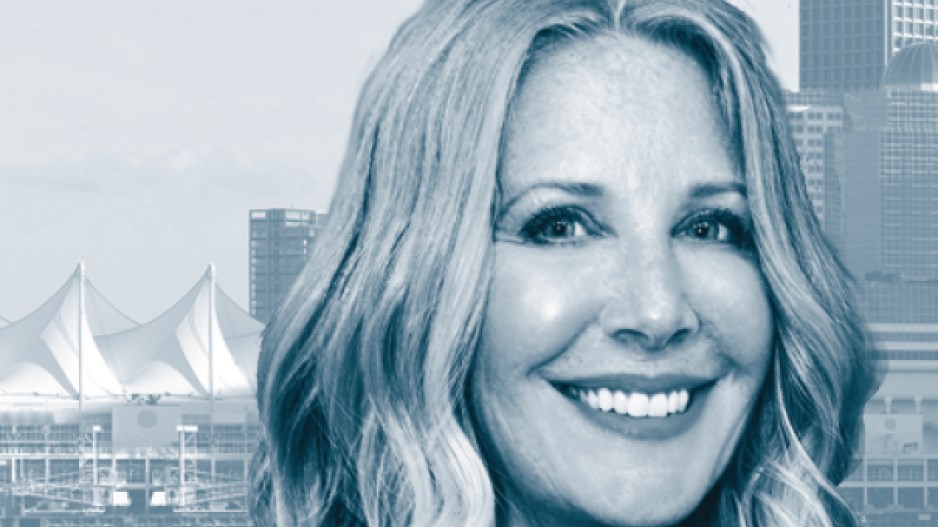The pandemic shattered many longstanding assumptions about what is possible, particularly from governments. While most people expect that businesses will act quickly in response to a crisis, it is perhaps most striking that we learned governments could, when pressed, move at lightning speed. The federal and provincial governments launched massive new programs overnight while removing decades-old regulations.
In Vancouver, city hall shifted trades permits and some building permits online. While not all changes came to the aid of businesses, many were a lifeline.
The success of the Temporary Expedited Patio Program and amendments to liquor sales regulations are two great examples. Municipal and provincial governments listened to impacted businesses, took steps to address their needs and then got out of the way. It was a win-win for everyone, and people were thrilled to get a bottle of wine with their takeout and enjoy the new outdoor spaces.
In Port Coquitlam, the city even contributed $50,000 and assigned city staff to help construct the patios. The changes are so welcome that, looking back, no one can remember why restaurants couldn’t sell alcohol with takeout in the first place.
Fast forward to 2022 and things are changing again, but not for the better. In a move to make Vancouver’s Temporary Expedited Patio Program permanent, the city significantly complicated a once straightforward process and added more costs to businesses still struggling to recover from the pandemic. Business owners wading through the 34-page document outlining patio guidelines might wonder whether it’s worth the non-refundable application fee just to put a couple of tables out front.
Sometimes a perfect example arises that highlights the root of the problem. Organizers from the Kerrisdale Little League made the news after learning their annual kids’ parade was in jeopardy. They were told they were offside the new special event permitting policy that comes with an 82-page guide to “help” manage the 17-page application.
It’s this kind of attitude that stifles community building and entrepreneurship. If we keep adding unnecessary process to everything we do, we’ll start to find that we aren’t very good at getting things done at all. It feels like it is getting harder and harder to get things built or solve problems. Case in point, it’s been five months since the now-iconic English Bay Barge ran aground and that too is stuck waiting for permits to be approved so it can be removed.
Given the onerous nature of permit approvals, it’s not surprising that contractors and developers routinely cite government red tape as their biggest problem. Local journalist and avid city hall watcher Frances Bula recently detailed the harrowing journey of building a simple laneway home in Vancouver, while regulatory changes, fees and delays prompted a neighbour to abandon the same venture. Our city and region are desperate for more housing, but supply will never keep up with demand if it’s stuck waiting for a permit.
Our goal should be to build a more livable and prosperous region. In order to achieve it, we need governments focused on finding solutions instead of introducing additional regulations and costs. The pandemic illustrated what’s possible when there’s no time to waste and we need to apply that mindset to the challenges facing our region going forward.
Businesses have had to innovate and modernize to stay competitive in our globalized economy. We need governments to keep pace. •
Bridgitte Anderson is president and CEO of the Greater Vancouver Board of Trade.




